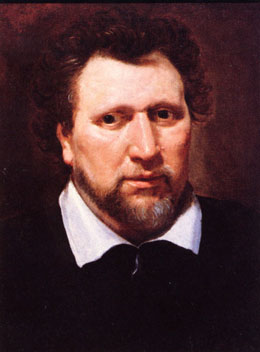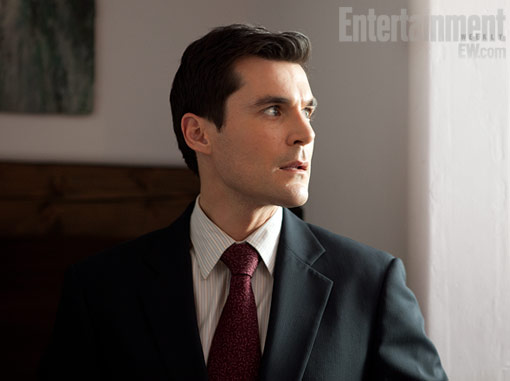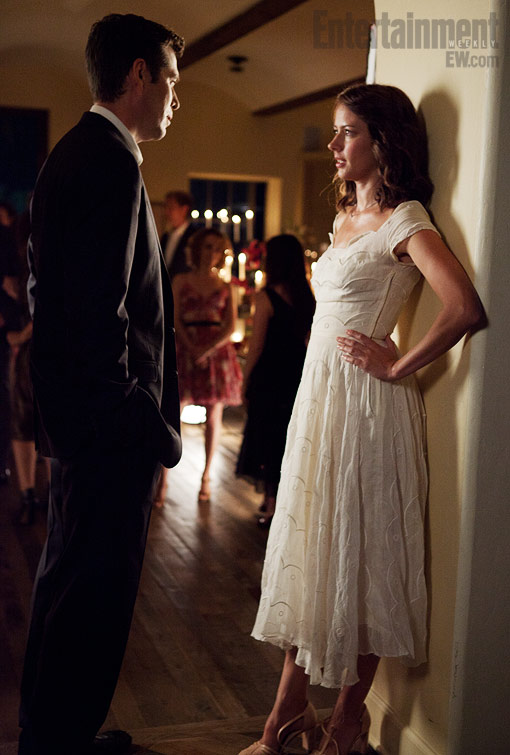So I finally got around to seeing Joss’ Much Ado last night.
I had some deep hesitations about it after having seen some clips of Joss talking about the script. I am a HUGE devotee to Wheedon’s work and I adore most of his actors, but wasn’t sure that A) he had an understanding of the text deep enough to serve this project (this concern was primarily founded on his remark about the only way to explain the characters’ actions through the tale is via rampant drinking); B) Much Ado could really be slotted in to the short time-span famously available to this project; and C) Amy Acker had the chops to play Beatrice.
On the whole, I was right.
The film began slow and dark and there’s no reason Much Ado should be that
way – the show, like all Shakespeare (especially the comedies) is fast-paced and driving. Especially when cuts are made (and Joss made some cuts, most of them graceful but a few of them clunky), things should progress at a good clip with a lot of energy. The actors didn’t seem to find that energy or comfort level with their characters until the gulling scenes deep in Act II/at the beginning of Act III. For that, the gulling of Benedick is one of the best I’ve ever seen onstage or screen and that really served as a springboard off which the movie flew. The second half was markedly better and the actors seemed much more at ease with the text, the project, and each other.
Amy Acker was a lackluster Beatrice who seemed more fragile than feisty and more brooding than “born to speak all mirth”. Alexis Denisof as Benedick had his moments of brilliance, which generally served to eclipse the moments during which he was far too low-energy and ominous. Sean Maher was a brilliant Don John (it’s not his fault that I can’t hear anyone say the words “I thank you… I am of few words, but I thank you” without thinking it in Keanu’s voice).
Nathan Fillion’s Dogberry was problematic. Things seemed to fall in for him during Act V, but until then his performance lacked a certain crucial justification. Dogberry is a difficult character to play; much like Elbow from Measure for Measure this character type (the “learned” constable who’s actually a common man clown but tries so hard to be of good breeding that his speech comes out word salad) is one that doesn’t resonate horribly well with modern audiences. There needs to be a reason for Dogberry’s confusion. He’s not stupid, his logic just doesn’t match our earth logic. The most successful Dogberry I’ve ever seen played the character as someone who had maybe been hit on the head one too many times or dropped in several instances as an infant. This issue, may I point out, is one that a good dramaturge can really help with. This kind of textual diagnosis takes experience to suss out and someone who is already intimate with the text can save you weeks of rehearsal discovery time by giving you the parameters Shakespeare himself set. Especially in an environment like the one which produced Wheedon’s film, the dramaturge can be an invaluable resource to the project.
Unfortunately, I’m beginning to think that Hero is an unplayable character. This is nothing against the Heroes I’ve seen recently (most of which have had some talent and understanding of the text), but the best Hero I ever saw was actually played by a dress-maker’s dummy. No joke. She’s so silent most of the time and, essentially, an object to the men around her. Playing the part with enough pizazz to make her likeable (especially when most of her already few lines are cut, as in Wheedon’s film) requires some spark that I just haven’t seen yet. Unfortunately, the audience liking Hero is central to us buying in to the main plot arc. For the most part, we like Hero because Beatrice likes Hero rather than Hero being a likeable character. Which is not to say we dislike Hero, just that she’s more sweet and plain than a nilla wafer.
So I didn’t dislike Joss’ film, it just won’t go into my books as the PARAMOUR OF MUCH ADOs. On the whole, I see it as a fine case study in reasons to hire a dramaturge and what happens when a project is rushed. I think Wheedon fans will enjoy it, and Shakespeareans will find it a good excuse to sit in an air-conditioned theatre on a disgusting summer day.







 Hamlet an “American Shakespeare” (even though it did star Mel Gibson and what’s more American than that besides Sam the Eagle?), but we could term Luhrman’s 1996
Hamlet an “American Shakespeare” (even though it did star Mel Gibson and what’s more American than that besides Sam the Eagle?), but we could term Luhrman’s 1996 

